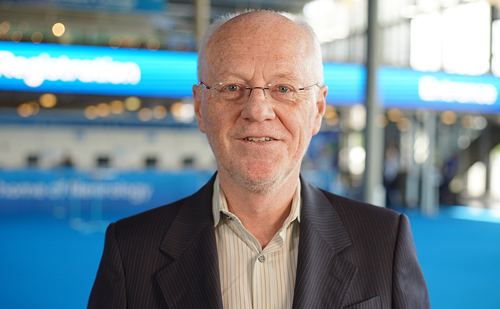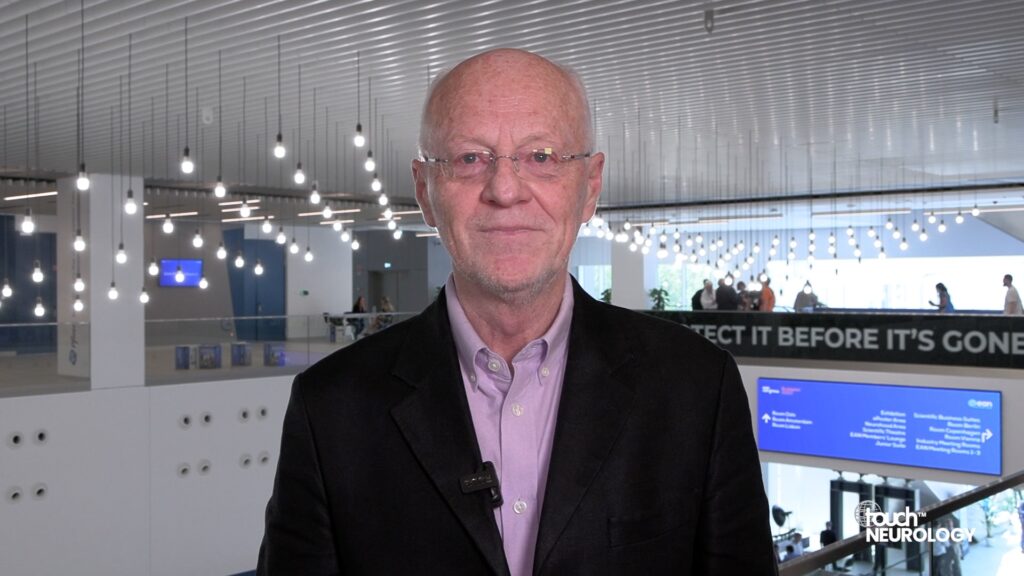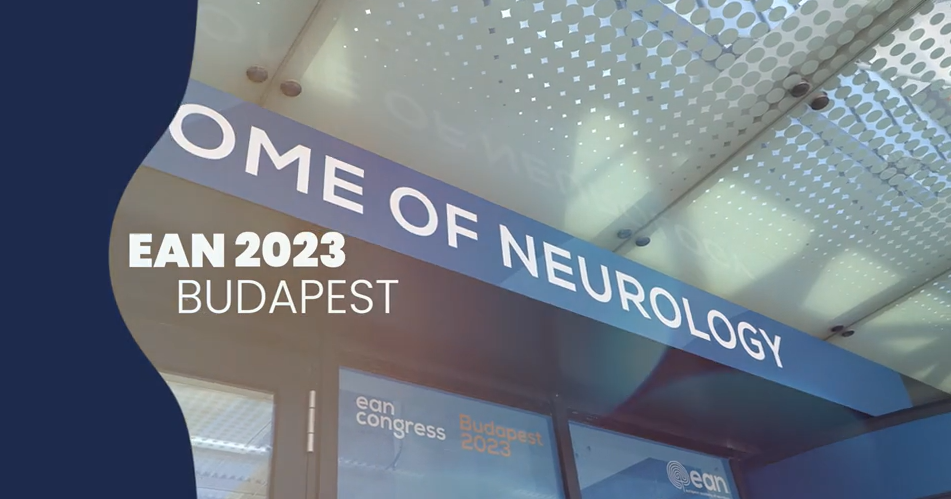Prof Stewart Tepper (Geisal School of Medicine – Dartmouth, Hanover, NH, USA) summarizes safety and tolerability data from the ASCEND study of STS101 5.2 mg (dihydroergotamine nasal powder) in the acute treatment of migraine attacks with/without aura over 12 months. STS101 is a novel investigational product for rapid and easy nasal delivery.
Disclosures: Stewart Tepper has received grants for research (no personal compensation) from Allergan/Abbvie, Amgen, Eli Lilly, Lundbeck, Neurolief, Novartis, Satsuma and Zosano. He is a consultant and/or member of the advisory boards (honoraria) for Aeon, Allergan/Abbvie, Alphasights, Amgen, Aruene, Atheneum, Axsome Therapeutics, Becker Pharmaceutical Consulting, BioDelivery Sciences International, Biohaven, ClearView Healthcare Partners, ClickTherapeutics, CoolTech, CRG, Decision Resources, Defined Health, DRG, Eli Lilly, ExpertConnect, FCB Health, Fenix, GLG, Guidepoint Global, Health Advances, Health Science Communications, HMP Communications, Impel, Initiatior Pharma, InteractiveForums, Keyquest, Ki Health Partners, Krog and Partners, Lundbeck, M3 Global Research, Magnolia Innovation, MJH Holdings, Miravo Healthcare, Neurofront Therapeutics, Neurolief, Novartis, P Value Communications, Pain Insights, Inc, Palion Medical, Pulmatrix, Putnam Associates, Rehaler, SAI MedPartners, Satsuma, Slingshot Insights, Spherix Global Insights, Strategy Inc, Synapse Medical Communication, System Analytic, Taylor and Francis, Tegus, Teva, Theranica, Tremeau, Trinity Partners, Unity HA, Vial, XOC and Zosano. He receives his salary from Dartmouth-Hitchcock Medical Center and Thomas Jefferson University. He has received CME honoraria from the American Academy of Neurology, American Headache Society, Annenberg Center for Health Sciences, Catamount Medical Education, Diamond Headache Clinic, Forefront Collaborative, Haymarket Medical Education, HMP Global, Medical Education Speakers Network, Medical Learning Institute Peerview, Migraine Association of Ireland, Miller Medical Education, National Association for Continuing Education, North American Center for CME, The Ohio State University, Physicians’ Education Resource, PlatformQ Education, Primed, Vindico Medical Education and WebMD/Medscape.
Support: Interview and filming supported by Touch Medical Media. Interview conducted by Sophie Nickelson.
Filmed as a highlight of the 75th AAN Annual Meeting, 2023
Access more content on headache disorders here
Transcript
Hello, I’m Stewart Tepper. I’m a professor of neurology at the Geisel School of Medicine at Dartmouth in Hanover, New Hampshire.
A device for delivering a powder of Dihydroergotamine, which was STS-101, delivering 5.2 milligrams of Dihydroergotamine for the acute treatment of migraine, was studied in a year-long twelve-month study, for safety and tolerability.
We have multiple formulations of Dihydroergotamine or DHE, we have intramuscular slash subcutaneous, intravenous, liquid formulations, and a liquid with an HFA propellant formulation, but there is definitely an interest in an easy-to-use, powdered delivery system. This study, which was presented at the American Academy of Neurology was the Ascend study, and data was presented on safety and tolerability.
Specifically, treatment treatment-emergent adverse events leading to discontinuation was only at about 4.1% of participants.
Only fourteen subjects out of 344 discontinued, and the overwhelming majority of these treatment-emergent adverse events, were mild or moderate and were nasal.
Seven participants discontinued due to some nasal discomfort that was actually considered to be mildly painful, three additional or a nasal discomfort that didn’t quite reach the level of pain, two dropped out due to epistaxis, one due to sneezing, one due to an alteration of case and one due to rhinitis.
The overall treatment emergent adverse events were all mild or moderate, or none across a six month completed evaluation, and there were no significant EKG or blood pressure problems within this particular part of the study.
It is worth emphasizing that there was a 45 year old man who had a serious treatment emergent adverse event of a non ST elevation myocardial infarction.
And follow-up investigations revealed that he had a prior undisclosed history of cardiovascular ischemic disease, and bipolar disorder.
Neither of which he disclosed, and both of which would have excluded him from study participation.
It’s important for neurologists to be aware that we should not be administering Dihydroergotamine to patients with vascular disease. In the absence of vascular disease, as you can see from this particular study, treatment, safety, and tolerability is extremely high, but we do need to be vigilant.









